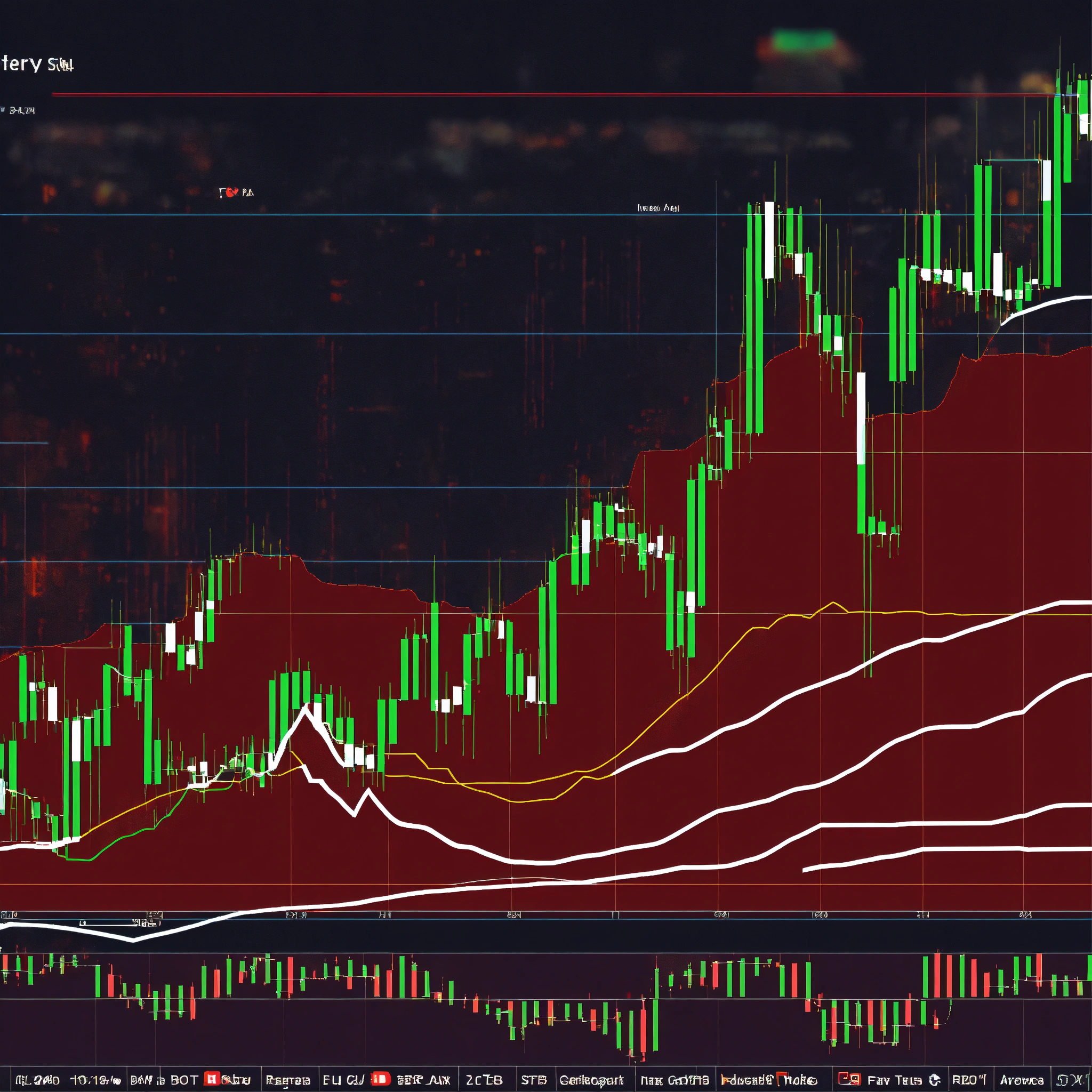When the financial markets go haywire, having a solid cash reserve is like owning an umbrella in a sudden downpour—it keeps you dry while everyone else scrambles for cover. Whether you’re an individual investor, a business owner, or managing a household budget, large cash reserves can act as a stabilizing force during uncertain times. Let’s break down why this is such a powerful strategy.
1. Flexibility to Act When Others Hesitate
Market volatility often brings chaos, but it also opens doors. When asset prices plummet, opportunities abound—think stocks on sale, undervalued businesses, or real estate bargains. Having cash reserves means you can seize these opportunities while others are struggling to stay afloat. The old adage “cash is king” rings especially true when markets are down.
2. A Cushion for Uncertain Times
Economic downturns can lead to job losses, declining revenues, or unexpected expenses. A healthy cash reserve ensures that you can weather these challenges without making rash decisions like liquidating investments at a loss or taking on high-interest debt. For businesses, this buffer can mean the difference between surviving a rough patch and closing up shop.
3. Reduced Stress and Emotional Decision-Making
Volatile markets often trigger fear and panic, leading investors to make impulsive moves. When you have a solid financial safety net, you’re less likely to sell investments during a market dip or deviate from your long-term financial goals. The peace of mind that comes with knowing you’re prepared for the worst is invaluable.
4. Better Position to Negotiate
In times of uncertainty, cash gives you leverage. For individuals, it could mean negotiating better deals on big purchases. For businesses, it might mean securing favorable terms from suppliers or acquiring competitors at a discount. Those with liquidity have the upper hand when others are strapped for cash.
5. Maintaining Operational Stability
For businesses, cash reserves aren’t just about seizing opportunities—they’re also essential for day-to-day operations. During economic turbulence, customers may delay payments, credit lines may tighten, and costs may fluctuate. Having cash on hand ensures you can continue paying employees, covering fixed expenses, and maintaining critical operations without disruption.
How Much Cash Is Enough?
While there’s no one-size-fits-all answer, financial experts typically recommend:
- For individuals: 3-6 months of living expenses in an emergency fund.
- For businesses: At least 6 months of operating expenses, though more is advisable in volatile industries.
- For investors: An allocation of cash in your portfolio to take advantage of buying opportunities—often 10-20%, depending on your strategy.
A Balanced Approach
While large cash reserves are undeniably valuable, it’s also essential not to overdo it. Holding too much cash can mean missing out on investment growth over time. The key is striking a balance—having enough liquidity to stay secure and nimble while still putting your money to work.
Final Thoughts
Market volatility is inevitable, but it doesn’t have to derail your financial journey. Building and maintaining large cash reserves is a proactive way to stay prepared, seize opportunities, and weather the storms. Think of it as your financial armor—it won’t prevent the battle, but it’ll ensure you come out on top.
Whether you’re just starting to build your cash reserves or already have a solid cushion, remember that in turbulent times, preparedness is everything. So, keep stacking that cash—it’s your ticket to resilience in a world of uncertainty.








0 Comments